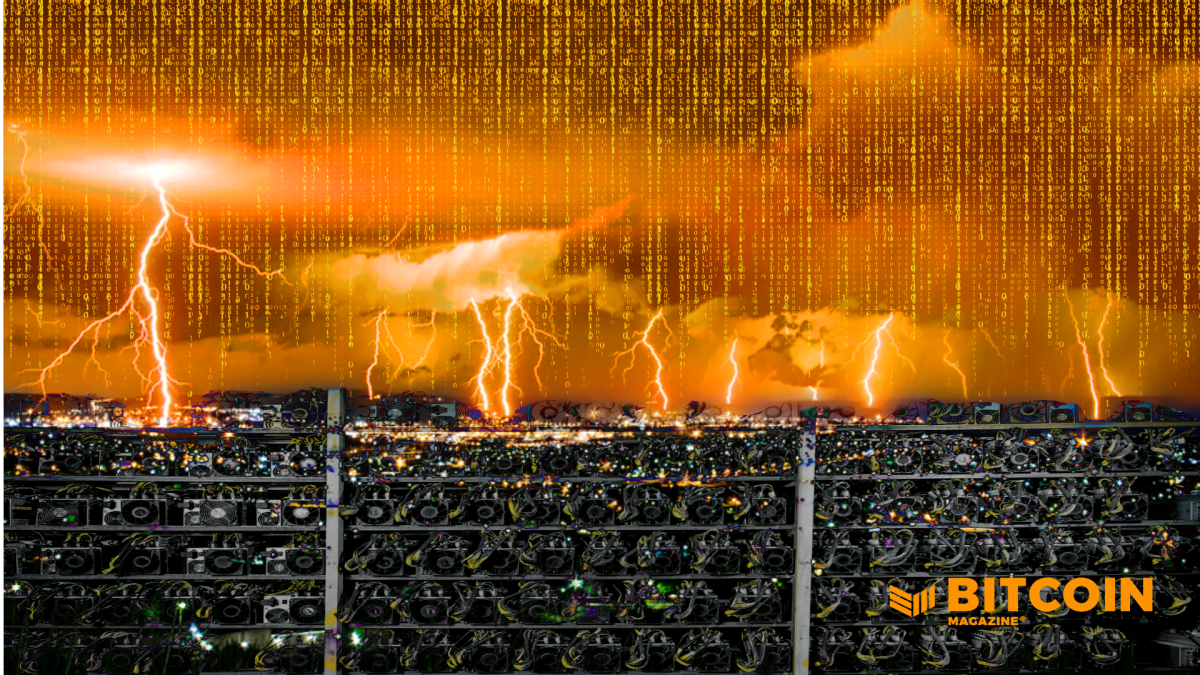[ad_1]
A fraud in Bored Ape NFTs has resulted in an unsatisfactory end of the year on OpenSea.
As reported by the owners, a total of 16 apes were stolen, valued at $2.2 million. This incident raised concerns among the online community about OpenSea’s lack of security.
Can NFTs actually be stolen? Sure they can
Following this occurrence, the OpenSea NFT Marketplace has frozen $2.2 million worth of NFT Bored Ape.
After the owner reported 16 stolen NFTs, the main page of Opeansean displayed the message: Product was reported for suspicious activity. Furthermore, the product has been deprecated at the time of the incident report submission.
It’s clear that the owners of NFTs are having a bad time. Todd Kramer, one of the victims of the incident, described it as “the worst night of his life” and expressed hope that everything would work out.
This is the first time that NFTs from a large collection have been stolen, emphasizing the need for enhanced security measures.
Bored Ape NFTs Worth $2.2 Million Stolen
The crypto community has stated that the decision to freeze NFTs violates decentralization. They argue that the essence of blockchain is decentralized and unaffected by intermediaries.
Some say that OpenSea is not secure and has not yet taken steps to safeguard the protection of its customers. In general, attacks are always followed by a dispute regarding the security commitment of the blockchain technology.
OpenSea is the world’s first NFT marketplace and one of the largest NFT marketplaces, with nearly 400,000 people transacting per month and over $10 billion in NFT revenue exceeding all time records.
The platform enables you to sell NFT the way you want to sell it.
OpenSea has piqued the interest of numerous celebrities, such as Mark Cuban, Chamath Palihapitiya, and Logan Paul, among others.
The optional categorization platform searches art, music, domains, collectibles, trading cards, sports, all NFT, and many more. Furthermore, they have featured over 700 projects, including well-known projects such as Crypto Kitties, Axies, and Decentraland.
Hackers Gonna Hack
NFTs are one of the year’s most key trends. Along with the rise of NFTs, the crypto community has seen the emergence of NFT marketplaces.
The NFT marketplace is the ultimate platform for artists and collectors to create, trade, and collect digital art for profitable earnings. It also allows users to create and monetize structures such as virtual worlds, similar to the Sandbox or Decentraland.
On the NFT exchanges, you can also sell, exchange, and buy gaming individual items that players accumulate during gameplay, such as costumes, avatars, and in-game currency.
Undoubtedly, NFT Marketplaces make it possible and accessible for anyone to participate in the NFT market and a wide variety of NFTs such as in-game items or artworks such as pictures, sounds, collectibles.
However, as technology advances, attacking activities become more delicate.
NFTs, like anything else on the Internet, can be hacked and stolen. They, like email and other online accounts, can be hacked.
Take Nifty Gateway as an example. Several Twitter users previously reported that their accounts on the Gemini-owned digital art platform had been hacked and thousands of dollars had been vanished.
Despite its reputation, the recent OpenSea incident raises serious concerns about NFTs. Although blockchain technology is revolutionizing all aspects of our lives, there is no such thing as absolute security.
In the end, “There’s nothing in NFTs or blockchain that protects against theft,” said Eric Cole, a former CIA professional cybersecurity official in an interview with CNN, “People hear blockchain, they hear these words, and they think it’s some magical level of security but ultimately to store money you’re going to have to have a bank account, to store NFTs you’re going to have to have an NFT account, and if you don’t protect that password … then all bets are off.”
Indeed.
The post Security Concerns And Risks Related To NFT Marketplaces appeared first on Blockonomi.
[ad_2]
Source link





